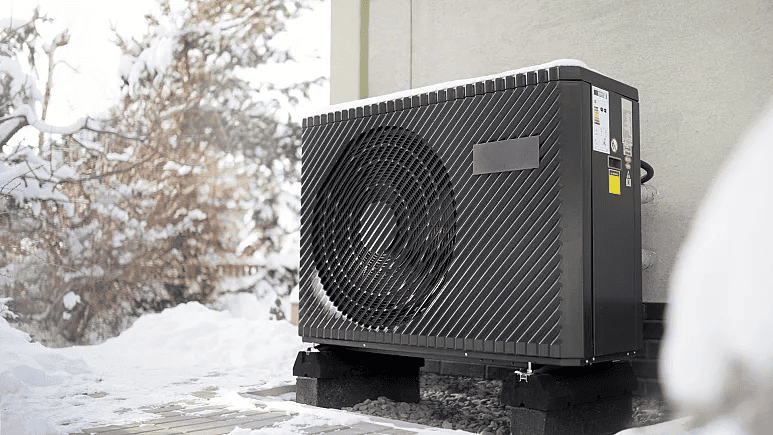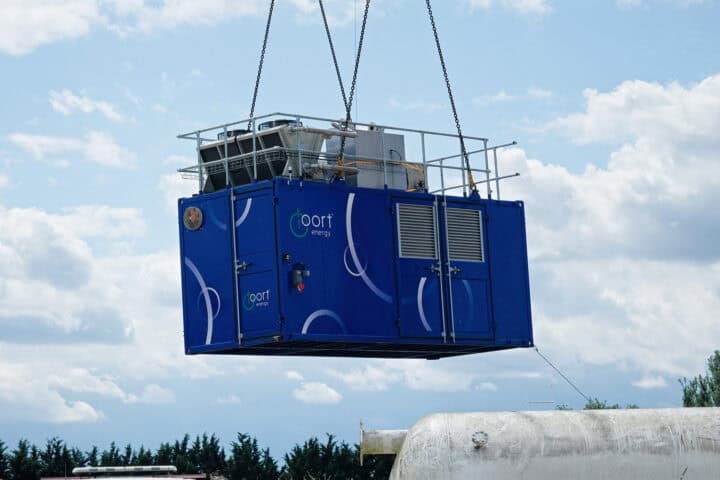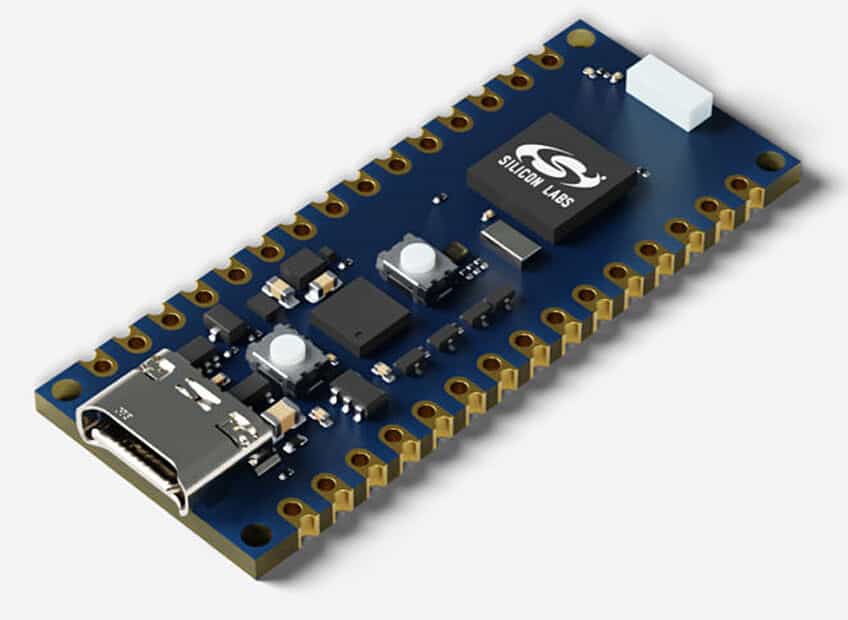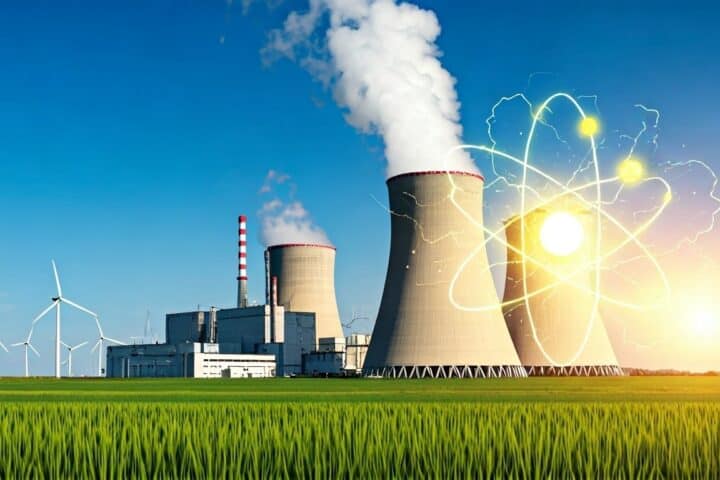Introduction
The Northeast States for Coordinated Air Use Management, an association of state air quality agencies, announced on February 7 that nine states have pledged that zero-emission heat pumps will account for at least 65% of residential-scale heating, air conditioning, and water heating equipment shipments by 2030 and 90% by 2040.
- The memorandum of understanding was signed by state economic agency directors from Rhode Island, California, Colorado, Maine, Maryland, Massachusetts, New Jersey, and New York. The states will work together to gather market information, monitor development, and create a strategy for electrifying personal buildings widely.
- The pledge, according to Emily Levin, senior policy advisor for NESCAUM, sends a strong message to the market that states are dedicated to achieving decarbonization and will make it easier to identify shared research needs and funding opportunities.
Abstract
The Northeast States for Coordinated Air Use Management (NESCAUM) recently announced a groundbreaking initiative, aiming for at least 65% zero-emission heat pump adoption in residential-scale heating and cooling equipment by 2030 and 90% by 2040. State economic agency directors from nine states, including Rhode Island, California, and New York, signed a memorandum of understanding to spearhead this decarbonization effort. NESCAUM’s senior policy advisor, Emily Levin, emphasizes the importance of this commitment in advancing decarbonization goals and facilitating research and funding opportunities. The initiative aligns with previous commitments from 25 governors to quadruple heat pump installations by 2030. Notable endorsements from the Building Decarbonization Coalition and major manufacturers underscore industry support for this transition. To support these goals, states and cities are urged to develop incentive programs, prioritize heat pump installations in public buildings, and enact regulations promoting energy-efficient solutions. This collaborative approach underscores the urgency of building decarbonization in combating climate change.
More details
The announcement made today expands on a pledge made by 25 governors next fall to quadruple the number of heat pumps installed in the United States by 20 million by 2030.
Levin stated that NESCAUM “wanted our target to be in the same range, very far in line with their target that the governors had previously committed to.” Because manufacturers and trade associations track equipment shipments, whereas sales to end users are more challenging to track, the MOU notes that the goal in today’s agreement is to focus on equipment deliveries. Additionally, it mandates that states target low-income households with higher energy costs and communities generally affected by high air pollution levels with at least 40 % of efficiency and electrification investments.
Heat pump installations are already in the works. Residential heat pump sales in the United States surpassed those of gas furnaces for the first time in 2022. Levin remarked,” This is long-lived equipment, so we might just get one more crack at it between then and 2050,” when the national government aims to achieve a gross zero-emissions economy.
The Building Decarbonization Coalition joined a number of significant manufacturing firms in endorsing the state’s heat pump goals. In a statement signed by LG, Mitsubishi Electric, Samsung, Trane Technologies, Johnson Controls, Fujitsu Airstage, Carrier, and A. O. Smith, the coalition stated that” distinct commitments give manufacturers the business certainty they need to continue bringing to market, which will ensure the long-term viability of the building decarbonization transition.”
According to Levin, states can support heat pump sales by developing incentive programs, setting an example by putting them in state buildings, promoting workforce development, and enacting regulations that call for the installation of heat pumps.
Levin continued,” Cities can support heat pump goals with comparable native incentives and policies, such as building performance standards, which demand buildings gradually cut down on energy use or greenhouse gas emissions.” She added that cities are “a particularly significant partner for reaching impoverished communities” because they frequently interact with residents of those communities.










